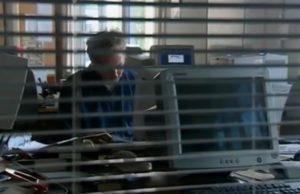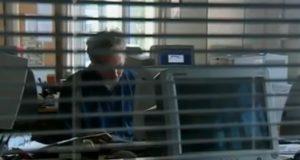- Upset coffee - 25th February 2026
- Not acting the part - 24th February 2026
- Death wish - 23rd February 2026

During 23 years with the BBC, and a 41 year journalistic career (when he was trained to use clear and simple language, avoiding jargon), for our Editor, Welshman Phil Parry, covering elections was always paramount, and interviews with politicians were vital, so he is concerned by new research which shows that faith in the democratic process is on the floor.
To quote Winston Churchill: “democracy is the worst form of Government except for all those other forms that have been tried from time to time.…”.
He said this (in Parliament) in 1947, but it is even more relevant today with the latest figures showing that voter turnout is incredibly low, party membership figures at rock bottom, and with pundits knowing that elections to the Welsh Parliament/Senedd Cymru (WP/SC) are less than a year away.

Let’s look at turnout first because it is all-important. At the 2024 General Election (GE) turnout was 59.7 per cent, which was the lowest at a General Election (GE) since 2001, and was 7.6 percentage points lower than in 2019.
This represented the largest drop in turnout between elections since between 1997 and 2001. To put this in perspective, in 1950 the turnout was 83.9 points.
The numbers of people that actually come out to vote in WP/SC or Scottish Parliament (SP) elections are even more dire, with people in Wales consistently turning out in significantly higher numbers to vote in UK GEs.

Turnout in WP/SC elections has never reached more than half of the electorate.
While the 2021 election had the highest turnout since the body was established, it still fell short of 50 per cent. In last month’s Hamilton, Larkhall and Stonehouse by-election voting for a member to represent people in the SP, the percentage poll was 42.2 per cent.
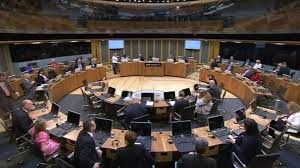
All of this does not bode well for next year’s election to the WP/SC which is due on May 7.
A different procedure could also drive down turnout figures.
The plans are to increase membership of the WP/SC, following a report by a special committee, which endorsed proposals put forward by Labour and Plaid Cymru (Plaid), meaning that Wales will be divided into 16 new constituencies, with six members each.

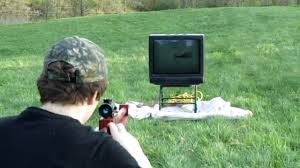
But even before these changes are enacted, the WAY they are being used has come under fire.
Member of the Senedd (MS) Mike Hedges criticised the closed lists system his own party will use to elect a larger body with more members.
There have been accusations that voters will be “confused”.

At the next WP/SC election the representative body will be revamped, expanding from 60 to 96 members.
They will be elected from the 16 new constituencies, formed by merging 32 Westminster constituencies.
Each constituency will elect six candidates through a closed list (which Mr Hedges apparently doesn’t like). Voters will pick one party they want to support, but will not be able to pick a specific candidate.
Candidates will then be elected through a system of Proportional Representation (PR).
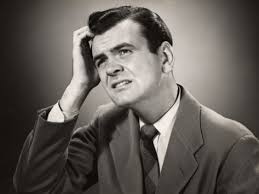
At the last WP/SC election voters got two votes, one for a politician elected through First Past The Post (FPTP), and one for a party.
The new system is unbelievably complicated for voters, and it has sparked concerns that it could reduce choice as well as erode trust, so that crucial TURNOUT might be even lower next time.
Then there is figures for those who can actually be bothered to join a political party so that those annoying messages on social media can be sent to potential supporters or journalists like me.
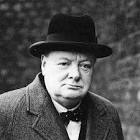
The Conservatives have been the dominant party of government at a UK level for the past century, yet their membership figures are only around 170,000 now, when in the 1950s they were at about 2.8 million.
The present party in power, Labour (both at a UK and Welsh level) can boast of higher numbers of members thanks to a different system, but the total is still just about 430,000!
This is all extremely worrying, especially with those election to the WP/SC approaching, because to paraphrase Winston Churchill ‘democracy is the least worst of all the options’…

Some of the political stories Phil has covered over the years, as he was gripped by the rare neurological condition Hereditary Spastic Paraplegia (HSP), have been released in a major book ‘A GOOD STORY’. Order it now!
Also on The Eye – as a controversial bill passes, why disabled people in Wales say they are effectively cuts which are “half-baked” and “harmful”, but the group makes a big ‘thank you’ to journalists (including those on The Eye) when a solitary ‘consultation’ meeting about them was re-instated after being cancelled.
Tomorrow – how during 23 years with the BBC, and a 41 year journalistic career (when he was trained to use clear and simple language, avoiding jargon), for Phil reporting unlikely political alliances or coalitions, many of which took place in the Welsh Government [WG] as well as in the Welsh Parliament/Senedd Cymru [WP/SC], became a mainstay of his journalism, and now this is put centre stage by Brazil hosting a group this week, where many members are pariah states.








